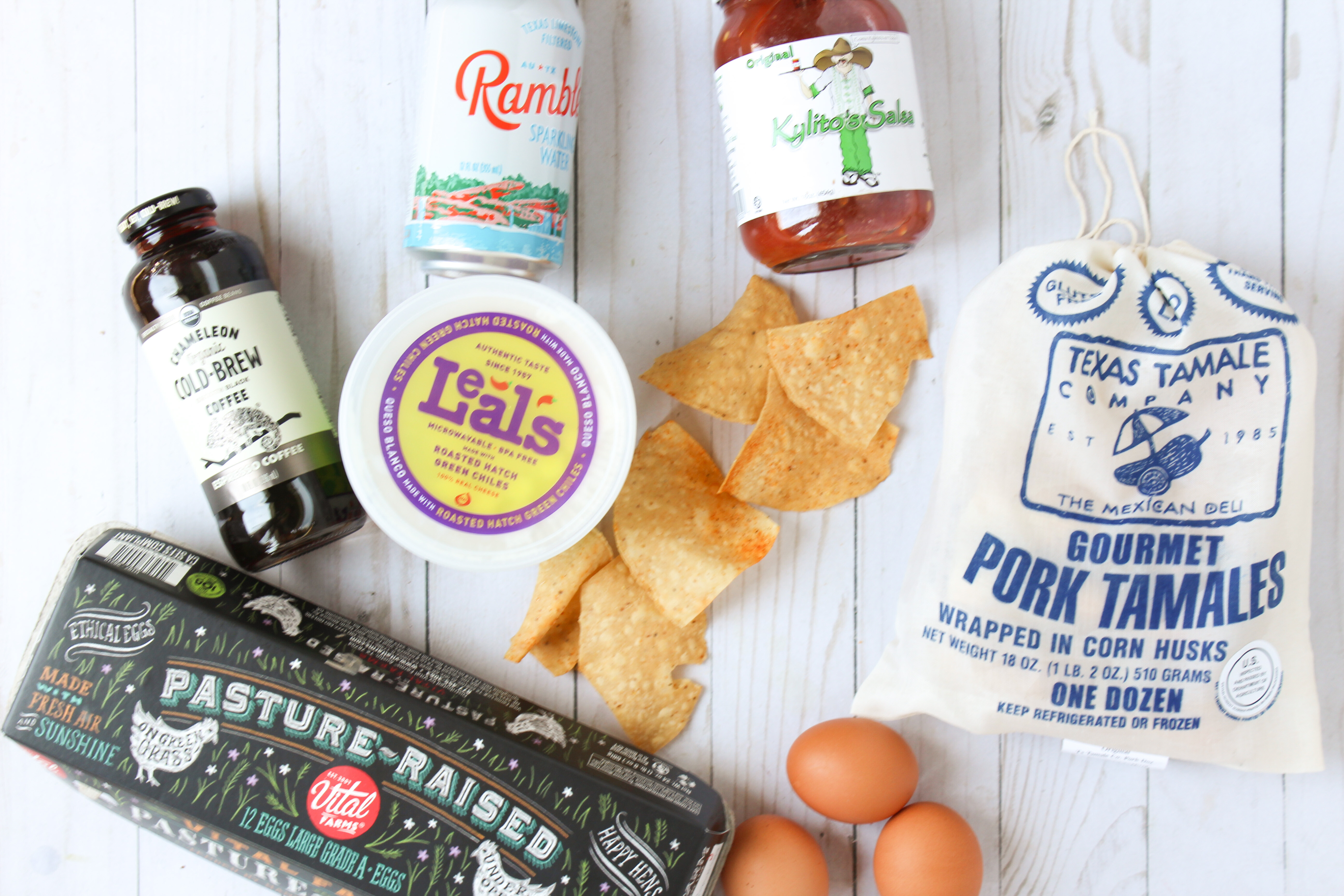Let’s Get Local
By: Taylor Sutton, MS, RD | United Supermarkets’ Lifestyle Desk
United Supermarkets is committed to supporting local communities and sustainability. We often hear about a push for supporting local, but what does that mean? Supporting local is purchasing goods from local businesses, such as the mom-and-pop store or the family-owned farm, not a large retailer. United Supermarkets upholds its commitment to supporting locals by carrying goods from Texas businesses in its Texas stores and goods from New Mexico in its New Mexico stores. For example, at Market Street, you can find a sign in the produce section that tells you how many produce items are from local farmers for that day. The number changes daily. Within the aisles, you can find a local tag on the product!
How does shopping locally benefit the economy?
Sometimes, shopping locally can be more expensive, but ultimately, it’s beneficial because it supports the community and the local economy. Local businesses create job opportunities for the community, helping with economic growth and increasing property value. The money spent supporting local recirculates in the community at a higher percentage than shopping at chain stores or purchasing through big-name retailers.
How does shopping locally benefit the environment?
Supporting locals also significantly impacts the environment positively and aids in sustainability. Carbon footprint and air pollution are reduced due to less distance needed to deliver products between the supplier and our grocery stores. The reduced distance also results in fresher products whether that is produce, meat, or dairy, because products get to the shelves quicker. Local produce often contains fewer pesticides, which helps maintain biodiversity and prevents contamination of the air, soil, or water. Lastly, the environment benefits from the maintenance and protection of local land (the farms) and its wildlife.
Supporting local outside of the grocery store
There are many opportunities to support local beyond the grocery store. These opportunities can be a gift shop with handmade goods, a clothing store, a bakery, or a coffee shop. These local businesses often provide excellent personalized customer service and unique items reflecting the community along with economic and environmental benefits previously mentioned.
LOCAL TEXAS PRODUCTS WE LOVE:
- Good Pops
- William’s Chris Wines
- Poppi Soda
- Rhythm Carrot Sticks
- Chameleon Cold Brew
- Vital Farms Eggs & Butter
- Leal's Salsas, Queso and Chips
- Nature Nate's Honey
- Rambler Sparkling Water
- Waterloo Sparkling Water
- Oak Cliff Coffee
- Fredericksburg Peaches
- Lonestar Melons
- Zucchini/Squash
- Tomatoes
LOCAL NEW MEXICO PRODUCTS WE LOVE:
- Sadie’s Salsa









